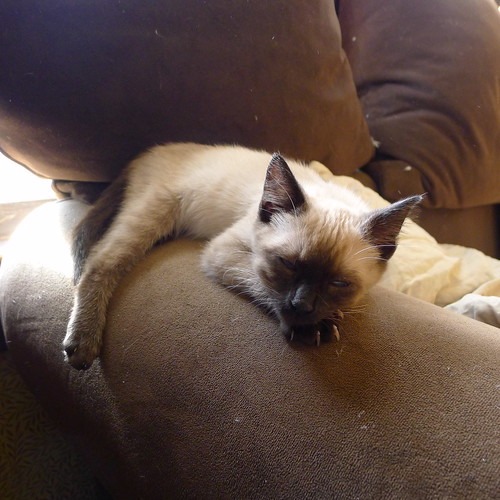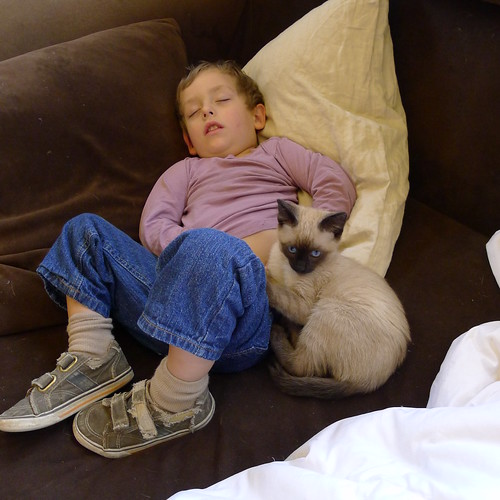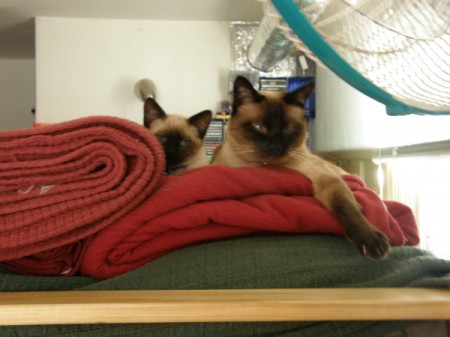On Southern Manners
“Those who constituted the upper economic classes of the south believed themselves to be living a version of the British outpost life, an emotional affiliation that was to draw them reciprocal British sympathy during the Civil War. If a handful had actually experienced upper-class British life (and were in America on government assignment, in hopes of making a fortune to take back–or because they were no longer welcome at home), the difference was soon lost between them and those who had not but who were quick studies, both financially and socially.
“More subtly, so much so that they failed to notice it themselves, southerners were learning to practice African manners. It is not from the British that what came to be known as southern graciousness was developed, with its open, easygoing style, its familial use of honorifics, and its ‘y’all come see us’ hospitality. The higher the southern family’s pretensions, the more likely the children were to be receiving daily etiquette instruction from someone whose strict sense of the fitting came from her own cultural background–the house slave who occupied the position known as Mammy. Charles Dickens was among those who noticed that southern ladies spoke like their black nurses.
“Some house slaves had been of high social class in Africa, as the slave trade had recognized no distinctions, and the fact that virtually all other people had come to America out of dissatisfaction with their lot at home obviously did not apply to those who were brought by force. The aristocracies of other countries were therefore more likely to be represented among them than among the general population, and the background of a slave might be seriously above that of his or her owner.
“British visitors were quick to pick up on this, although without making the connection between the aristocratic manner they were astonished to observe in house slaves and the likely explanation of its being these people’s heritage. Instead, the kindly inclined, such as Fanny Kemble, attributed the courtliness she observed in Africans to ‘a natural turn for good manners.'”
–Judith Martin (Miss Manners), Star-Spangled Manners
I never heard anything like this thesis advanced before, but as a Southerner, I’m in love with it.















